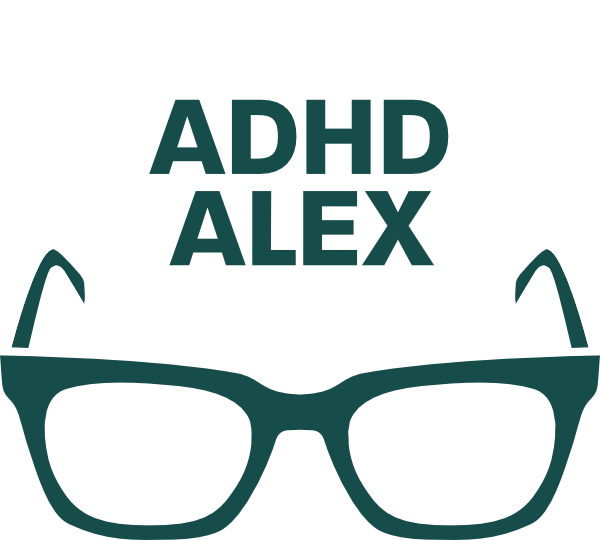
Getting an ADHD Diagnosis
Applies to UK residents only.
Think you have ADHD? What are the diagnosis options?
In the UK, there are a few ways that you can go about getting a formal diagnosis. It can feel a little overwhelming or confusing because there is a lot to consider.
Below I have broken down the options you can take and a guide on next steps.
I also offer a diagnosis support session*. If you would like my help, then please get in touch.
*note, I am able to provide guidance, information and support - however a diagnosis can only be done by a medical professional.
Step 1 - Take the ADHD Screener
The Adult ADHD Self-Screener can help you figure out if your thoughts, feelings and behaviours typify the condition. Take this quick test to find out!
Step 2 - Choose you diagnosis pathway
NHS Assessment.
Wait Times: 1 - 3 years
(depending on location)
Book an appointment with your GP. Take your ADHD screener and ask to be referred for an ADHD assessment. The NHS assessment will cover your overall mental health, ADHD and any other possible related conditions. If diagnosed, your clinician will discuss treatments options including medication. They will referral you back to your GP for shared management of treatment.
Right to Choose. (NHS England)
Wait Times: 2 months - 1 year
(depending on provider)
Under NHS policy, people in England have a legal ‘right to choose’ their mental healthcare provider and team. This means that if the wait times for ADHD assessments are too long, you can choose an online provider to assess you. You need to be referred to a provider by your GP.
Learn more about the ‘Right to Choose’ process here.
Private Assessment.
Wait Times: 1 - 4 weeks
(depending on clinician)
The accessibility of Right to Choose means private diagnosis and treatment can be a serious consideration for many, despite the cost. Formal ADHD diagnosis can only be made by registered psychiatrists. Before contacting a private psychiatrist, ensure they are registered with the General Medical Council and on the specialist register.
All active clients can be referred to a Harley Street Psychiatrist who specialises in ADHD at a reduced rate.
Step 3 - Treatment & titration
Once diagnosed your clinician will discuss treatment. Medication will be one of the options you can choose. If this is the case, there are several options dependent on your diagnosis pathway, such as:
continued care with the NHS specialist.
'Shared Care' between a private psychiatrist and your GP
or discharged to the sole care of your GP (knows as ‘GP Care’).
You will then discuss your ongoing treatment with your psychiatrist, specialist nurse or GP as appropriate.
IMPORTANT - 'SHARED CARE AGREEMENT’
If you get a private diagnosis, and choose to take medication you will be paying market rate for the medication (on average a months worth of medication will cost over £100). In order to mitigate the cost and pay NHS prescription rates, you can instigate a ‘Shared Care Agreement’ between your private provider and your NHS GP. This is where your GP agrees to prescribe your ADHD medication on the medical advice of your private provider. Please note - it is up to your GP’s discretion whether they will agree to this. So it is advised that you check they are happy with shared care before seeking a private diagnosis.
Step 4 - Ongoing support
For many, getting an ADHD Diagnosis brings relief. For others it evokes complex emotions that need to be processed. Please know that nothing has changed in you because of your ADHD diagnosis. However, you now are empowered with the knowledge of it. So what are your options and how can I help you?
ADHD Coaching.
ADHD coaching is a great way to help you get organised and achieve your goals. With the help of a trained ADHD coach professional, (like me!) we can find strategies that work for you and learn how to manage your ADHD symptoms.
ADHD Therapy.
ADHD Therapy (Counselling/Psychotherapy) can help you learn how to cope with ADHD and the feelings that result from it. It encourages people in a supportive environment think more positively about themselves. It’s also a great way for adults who have struggled with ADHD symptoms long-term, even if they haven't been diagnosed yet.
ADHD Support Groups.
ADHD can be a challenge to manage, but the weight of responsibility is lighter when shared in groups in order to support positive change. I run free drop in group coaching sessions and a couples support group once a month in partnership with ADHD UK.
Still not sure?
I offer diagnosis support sessions! Book one now to give you the best start in getting an ADHD diagnosis.

